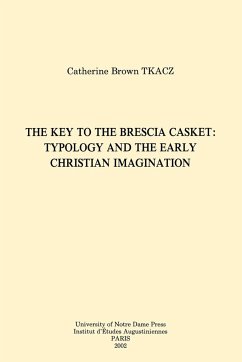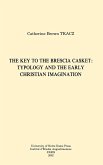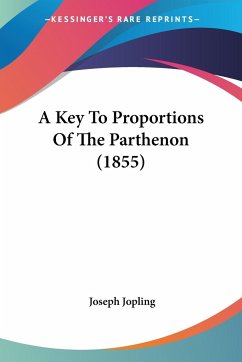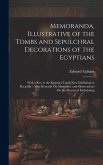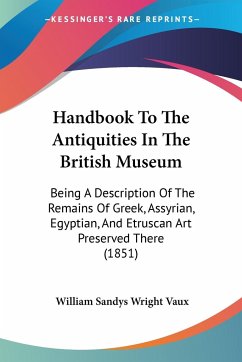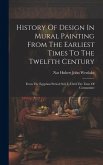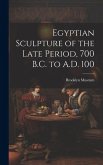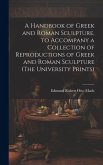The elusive rationale for the Brescia Casket, an ivory reliquary carved in northern Italy ca. 390, has long tantalized scholars. In The Key to the Brescia Casket, Dr. Catherine Brown Tkacz reveals that the secret to its meaning lies in exegetical typology-the interpretation of Old Testament people and events as prefiguring the Messiah. Typology, Tkacz argues, underlies the sophisticated program of the ivory box, which features an unusually full depiction of the Passion. Among the fifty-nine carvings on the Brescia Casket, most of them depicting biblical events, are five scenes of the Passion, more than any other monument prior to this time period. These are arranged in historical order, which is also rare in fourth-century Christian art. Tkacz contends that the Casket is in effect a visual sermon on the unity of the Bible's two testaments, an important theological issue of the time. This wonderfully illustrated and rigorously interdisciplinary volume, funded by a grant from the Samuel H. Kress Foundation, grounds the typological program of the Brescia Casket in fourth-century thought. In so doing, it suggests the real possibility that typology is more important for the understanding of Early Christian art than has previously been appreciated.
Hinweis: Dieser Artikel kann nur an eine deutsche Lieferadresse ausgeliefert werden.
Hinweis: Dieser Artikel kann nur an eine deutsche Lieferadresse ausgeliefert werden.

